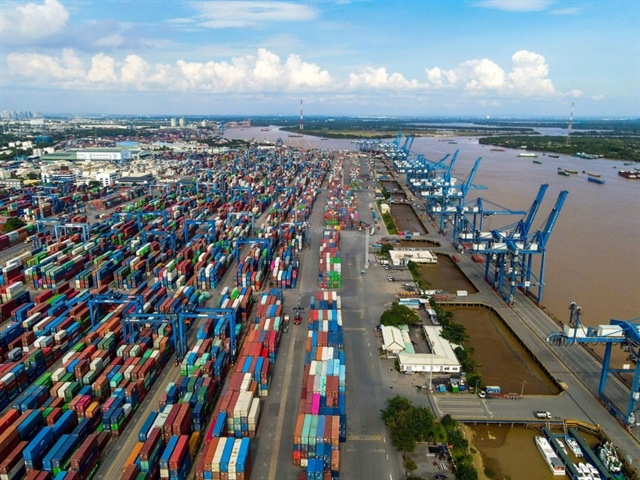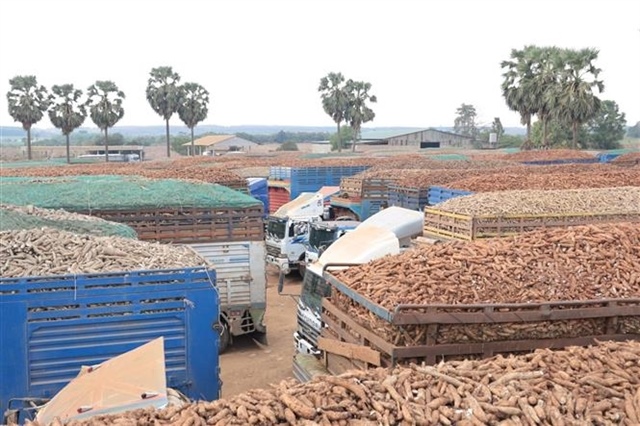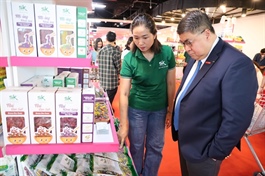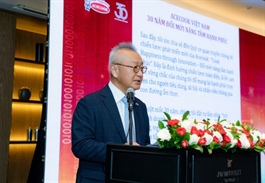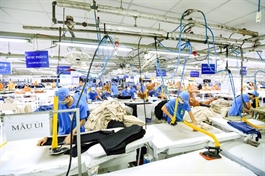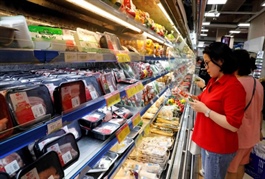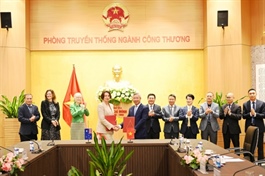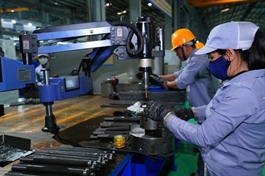Europe’s largest supermarket retailer shifts supply chain to Vietnam
Europe’s largest supermarket retailer shifts supply chain to Vietnam
Lidl, one of the largest supermarket retailers in Europe, is planning to increase imports from Vietnam and Malaysia to diversify and protect its supply chain amidst growing global uncertainties.
Schwarz Group, parent company of Lidl, established its own container shipping company, Tailwind Shipping Lines, in 2022 to strengthen control over its supply chain and ensure reliable delivery of goods from China, Bangladesh, and Sri Lanka to stores across Europe. Currently, Tailwind is the second-largest shipping company in Germany, with a fleet of nine container ships.
|
Tailwind added Ho Chi Minh City in Vietnam and Port Klang in Malaysia to its shipping route in June, which previously only connected Chattogram in Bangladesh and Colombo in Sri Lanka.
Port Klang has replaced Colombo as Tailwind’s main transshipment hub in Asia, connecting to the main shipping route between China and Europe.
"With this intra-Asia service, we provide a reliable transportation solution for industries such as raw materials and finished goods in the textile sector, as well as many other fields," said Nico Peters, vice president for commercial management at Tailwind. "This will further enhance the international supply chain.".
Lidl currently owns 12,350 stores, mostly located in Europe, accounting for about 8 per cent of the total market share in Germany, the United Kingdom, France, Italy, and the Central and Eastern European region.
Despite primarily focusing on food products, Lidl still imports a large portion of non-food products from China. The addition of Ho Chi Minh City and Port Klang to the shipping route signals Lidl’s move to import more nonfoods from Vietnam and Malaysia in the future.
In April, Malaysia and Vietnam faced retaliatory tariffs of 24 per cent and 46 per cent respectively from the United States, but these tariffs have been temporarily suspended until the beginning of July. Meanwhile, goods from China are subject to even higher tariffs, reaching up to 55 per cent, prompting many companies to encourage Chinese suppliers to relocate production bases to other Asian countries.
- 17:48 04/07/2025


